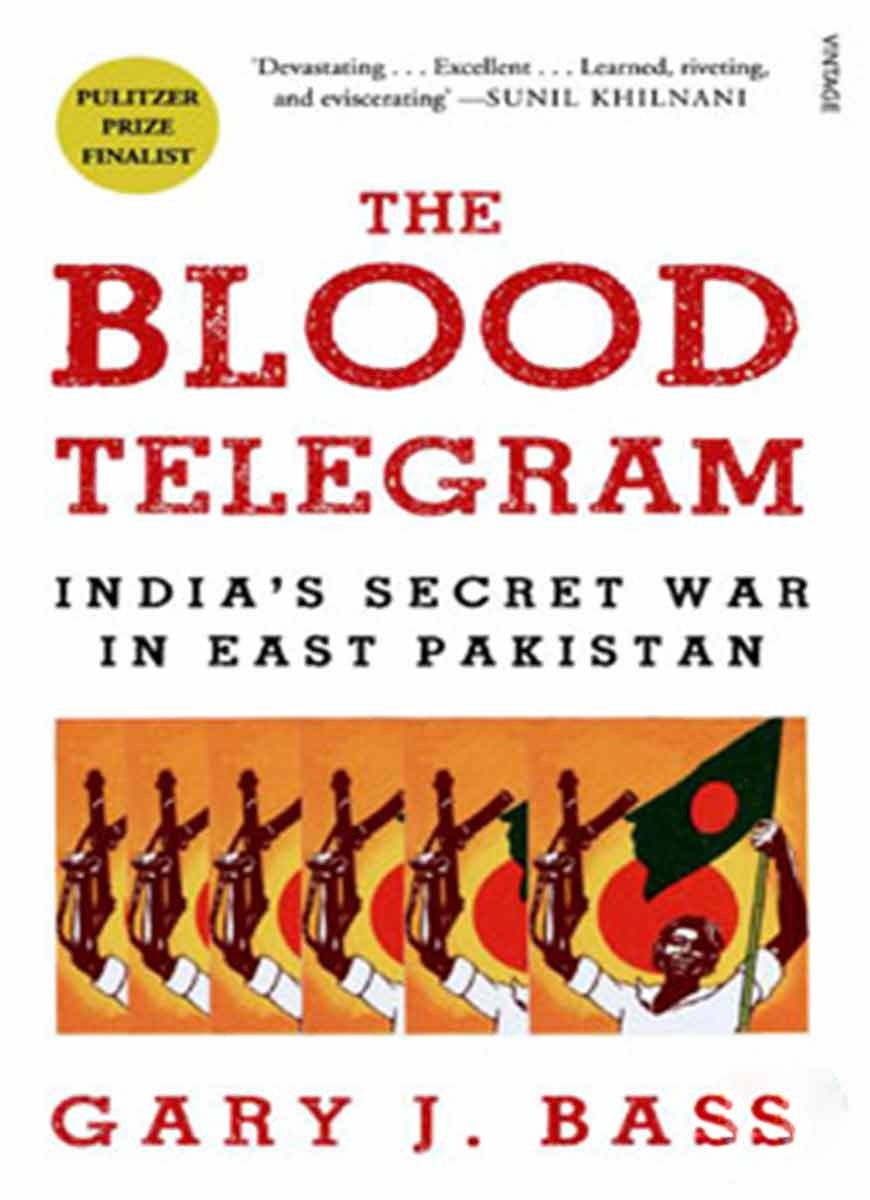

Archer Blood, the United States’ consul general in Dacca, was a gentlemanly diplomat raised in Virginia, a World War II navy veteran in the upswing of a promising Foreign Service career after several tours overseas. He was earnest and precise, known to some of his more unruly subordinates at the U.S. consulate as a good, conventional man. He had come to like his posting to this impoverished, green, and swampy land. But outside of the consulate's grimy offices, in the steamy heat, the city was dying. Night after night, Blood heard the gunshots. On the night of March 25, 1971, the Pakistan army had begun a relentless crackdown on Bengalis, all across what was then East Pakistan and is today an independent Bangladesh. Untold thousands of people were shot, bombed, or burned to death in Dacca alone. Blood had spent that grim night on the roof of his official residence, watching as tracer bullets lit up the sky, listening to clattering machine guns and thumping tank guns. There were fires across the ramshackle city. He knew the people in the deathly darkness below. He liked them. Many of the civilians facing the bullets were professional colleagues; some were his friends.
